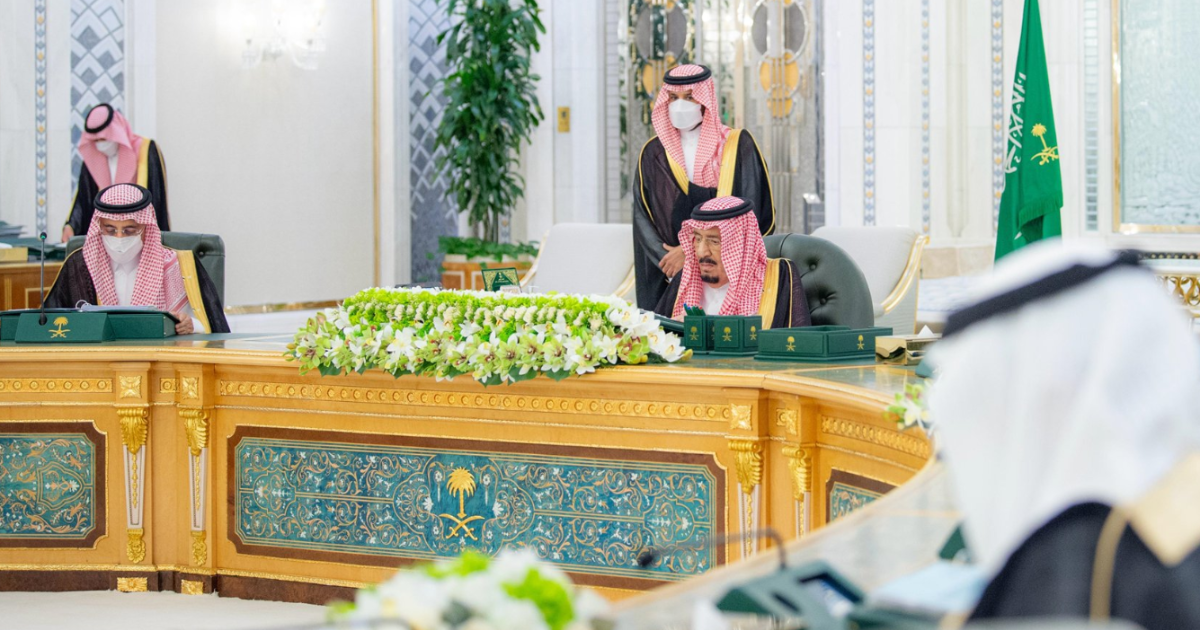Saudi Arabia has pledged to support Syria’s post-war rebuilding and economic recovery with commitments exceeding $6.4 billion in investment agreements. These commitments resulted from exposure to Crown Prince Mohammed bin Salman and organized by Investment Minister Khalid Al‑Falih who led a delegation of more than 120 Saudi business people to Damascus last week as reported by Reuters.
Who Was Involved and What Was the Purpose?
A prominent two day Saudi-Syrian Investment Forum held under the auspices of Syrian president Ahmed al‑Sharaa, finalized 47 investment agreements between more than 100 companies. Among the attendees were ministers and leading businessmen from both countries interested in increasing cooperation and economic integration.
Which Parts of Syria’s Economy Are Getting a Boost?
The multi-part investment package covers the following key areas:
- $2.93 billion designated for infrastructure and real estate.
- $1.07 billion for telecommunications and IT.
- With additional funding assigned for energy, tourism, agriculture, industry, health, logistics and transport development.
- Saudi companies STC, GO Telecom, Elm, Cipher and Classera have signed partnership agreements. The delegation also proposed the establishment of a Saudi-Syrian Business Council to oversee the partnership going forward.
Why Is This Significant Now?
Saudi Arabia’s investment drive has stemmed from diplomatic wins, including the removal of the U.S. and E.U. sanctions on Syria and the commitment of Riyadh and Qatar to pay Syria’s outstanding World Bank debt of $15 million. The financial aid package represents not only economic support for Syria but also a strategic statement to support President al-Sharaa’s government at a time of unrest and re-construction cost estimates of between $250-$400 billion.
The large scale investment plan that Saudi Arabia has announced represents a strategic gamble on the longer term stability and development of Syria. By investing in reconstruction, infrastructure and technology it is reasonable to assume that they are working to lay the groundwork for development and guarantee longer term prosperity. This is also a means of economic integration within the region.




